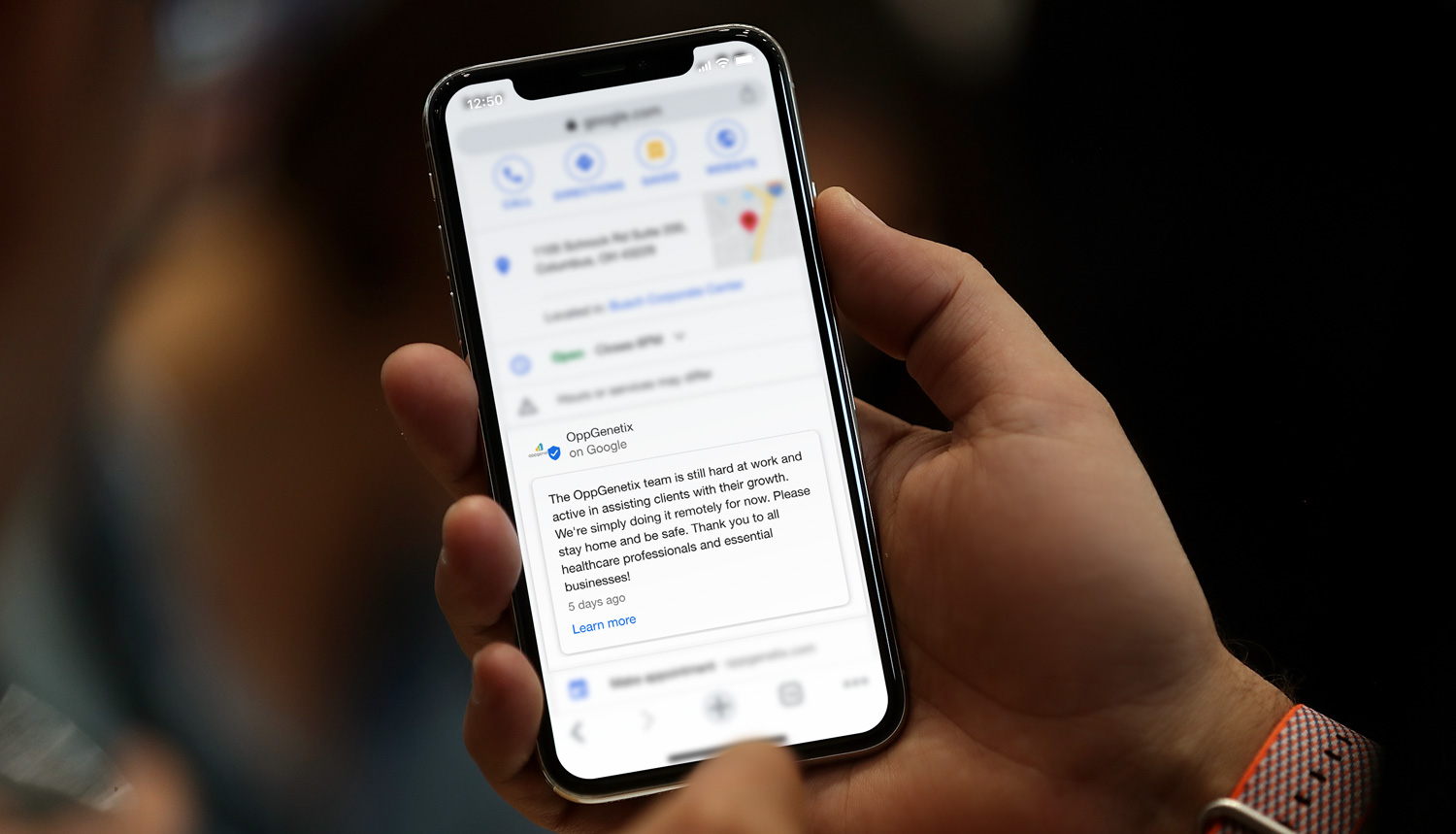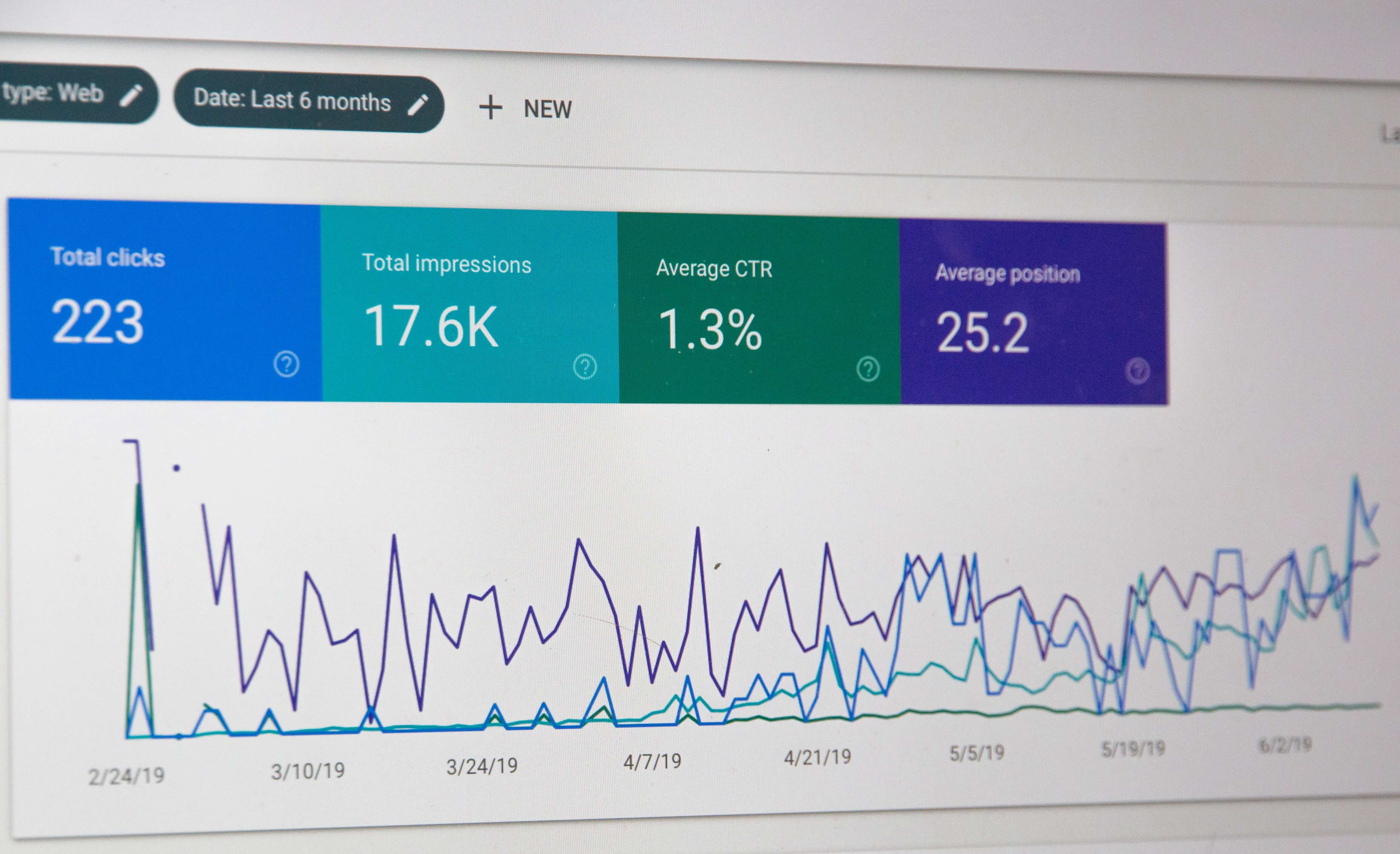By OppGen
One of our more recent blog posts shared our top 10 local SEO audit insights. One of those insights was that the majority of our SEO audits received an F. That post covered a lot of the more technical aspects of SEO, but where can businesses (or anyone, for that matter) improve in terms of content?
Well, there’s clearly a lot that people are doing wrong in that category, and that’s what this blog post aims to achieve: what you’re doing wrong with SEO, why it’s wrong, and what you can do to fix it. For even more information, don’t hesitate to contact OppGen.
Keeping Duplicate Content
Duplicate content is content that shows up in more than one URL on the internet. In many cases, this is not intentional; RavenTools.com found that a little under a third of the internet is duplicate content.
Click tracking and analytics can cause duplicate content problems. Having different site versions is another issue (http versus https or www versus non-www sites).
You can fix these issues with a 301 redirect from the duplicated page to the original page or by using the rel=canonical attribute. Both of these options help search engine crawlers know where to find the original content and rank those pages instead of the duplicate(s).
A third option is to set your preferred domain in Google Search Console, which works well if you’re dealing with having different versions of your website.
To see if your website (or any others) has duplicate content, you can use this tool.
Copying and Pasting Content from Other Sites
Technically this could fall under duplicate content (it is a type of duplicate content), but this particular item is separate for a particular reason: it is plagiarism.
In an ideal world, people should know better than to plagiarize, not just for the sake of their website’s search engine page ranking, but simply because it’s unethical. If ethics aren’t enough to convince someone to avoid plagiarism, then this might:
You can be sued for plagiarism under copyright law, and if you’re the one copying, the law is not going to be on your side.
Do yourself a favor and do not plagiarize content. Either write content yourself or hire someone to create it for you. The SEO team at OppGen Marketing has in-house content writers who excel at crafting top-tier content. Learn more about our SEO program here.
Misleading Headlines
Admit it. You’ve been disappointed after clicking on an article with a really interesting title because the content didn’t live up to the hype. So why would you do that to your audience?
Consider Google’s Search Quality Evaluator Guidelines’ E-A-T (Expertise, Authoritativeness, Trustworthiness). E-A-T is indicative of a website’s quality. If your website has an attention-grabbing headline but unrelated content, you’re not making the case that your site is trustworthy.
To quote those guidelines: “Websites and pages should be created to help users. Websites and pages that are created with the intent to harm users, deceive users, or make money with no attempt to help users, should receive the Lowest P[age] Q[uality] rating.” (Emphasis is Google’s.)
Don’t disappoint, mislead, or deceive your audience — Google will make sure you and your site pay the price if you do.
Keyword Stuffing
Long gone are the days where keyword stuffing was an acceptable practice. Google’s bots and AI are smart enough now that they can “read” pages close to how we do. If you’re clearly writing for a bot, people will notice — and so will Google.
Write for a human audience, not for a digital one. OppGen can help you do that.
Link Stuffing
Ease up on including those internal links. You don’t need to link back to the same page with each word. Include internal links on the first or second mention of a sentence or keyword that is relevant to those links. There’s no need to link to your SEO page every single time the word “SEO” pops up in the text.
As for outgoing links, don’t overdo them, either. If your website has a lot of outgoing links lacking the nofollow tag, Google might view your site as a link farm and kick your website down a few in the search rankings. If you are going to have outgoing links, be sure that you are linking to reputable sources (E-A-T strikes again!).
Buying Links
Building backlinks is important, but you must do it organically. It’s not something that can be done overnight… and if you do it overnight, well, you definitely didn’t do it in a way Google approves of.
Buying links is obviously not organic growth. Circling back to Google’s Search Quality Guidelines and E-A-T, in what way does buying links help your audience? Are these websites relevant to what your site offers? Are they quality sites?
If websites with the intent to harm users are the ones you’re buying links from, you’re hurting business and yourself by associating your website with them. Once again, Google will notice and will dropkick your website lower in the rankings.
It’s more important to focus on the quality of backlinks than the quantity of backlinks. SEO is a long game. You’re not going to leap to Page 1 of search results overnight. It can take months to hit the second page, let alone the first.
Spamming Links
Don’t go around spamming your own website’s links in blog comments and social media posts. It’s perfectly fine to share your latest blog post on your social media sites, but don’t leave the same comment and link on the posts of the 25+ big names in the industry. That’s not a quality backlink; that’s a lazy, spammy backlink that won’t do you any good.
If you are trying to share what you’ve written, do it in a way that shows that you’re not just selling something. Imagine you’re attending an in-person networking event. There is someone who’s walking from person to person in an attempt to sell their product without so much as saying hello. What do you think of that person? Probably that they’re annoying, are selling a bad product, and/or ended up at the wrong event.
You’re not going to buy from them, let alone interact with them. Nobody is. So why are you acting like that person online?
Don’t write a cookie-cutter comment that you can copy and paste on people’s posts. Customize it for each person you’d like to read it. Read what they have to say. Start a conversation about that first, and then share your blog post or product — if it’s relevant.
Remember: E-A-T
At the end of the day when it comes to SEO and content, remember E-A-T: expertise, authoritativeness, and trustworthiness. Those three qualities will help users, and as a result, bump up your SERP position.
For more information about how you can improve your content, contact OppGen Marketing today.





